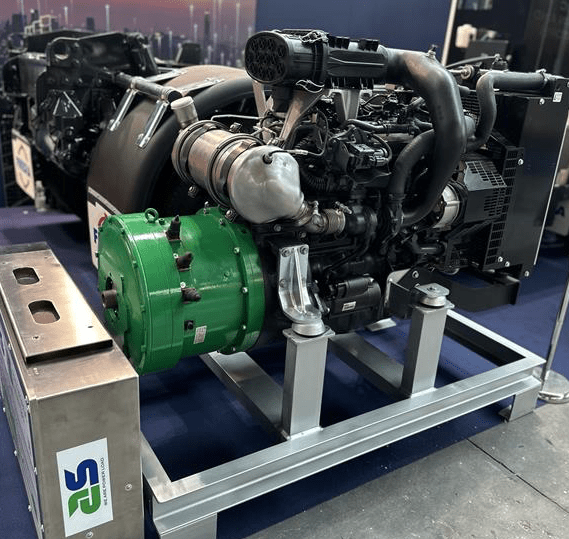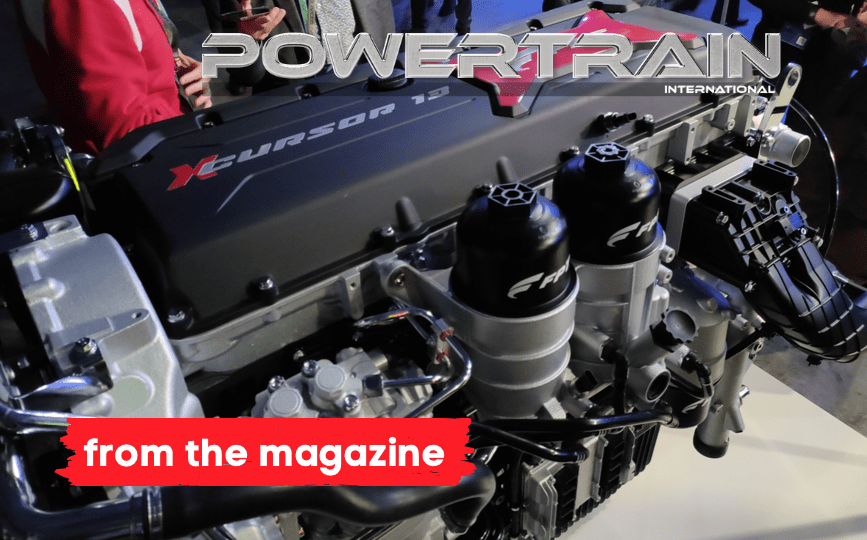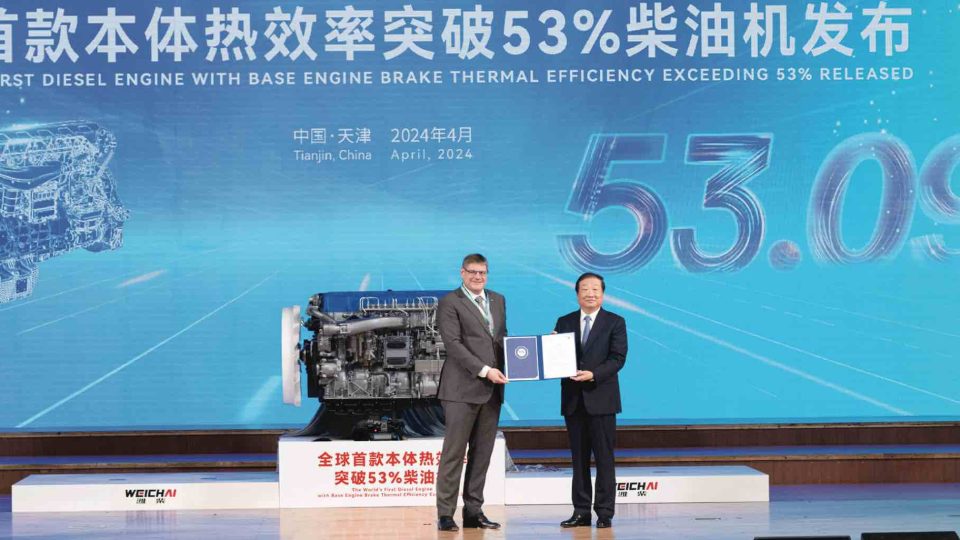Deutz TCD9.0. Diesel of the year 2018
TCD9.0 is the Diesel of the year 2018. Introduced at Bauma China it’s the pioneer of the new family of in-line units that will join the V classics and will raise Deutz’s quotations on heavy duty applications and machines needing power above 150 kilowatts. The TCD9.0 will receive the investiture in the usual earthmoving theater […]
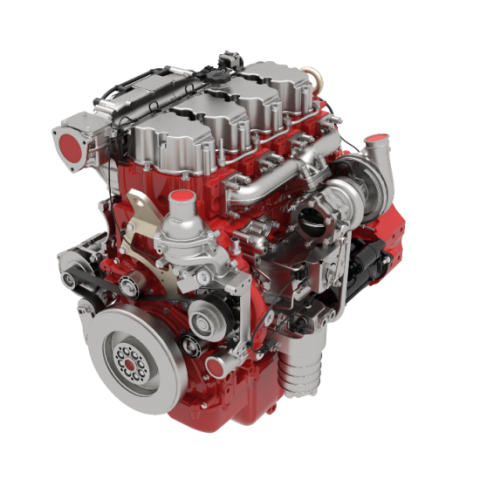
TCD9.0 is the Diesel of the year 2018. Introduced at Bauma China it’s the pioneer of the new family of in-line units that will join the V classics and will raise Deutz’s quotations on heavy duty applications and machines needing power above 150 kilowatts. The TCD9.0 will receive the investiture in the usual earthmoving theater at the Intermat in Paris. From Bauma Munich, that hosted the TCD2.2 award ceremony eight years ago, to the event in Paris, via Shanghai, Bauma China, where the TCD9.0 was introduced to the public.
Deutz TCD9.0. For every application
Deutz’s name crosses the three big coordinates of the industrial free market: earthmoving, agricultural and power generation. Since Volvo left its shares Deutz has been credited as the main European player of the free market and has interpreted this role with a dynamism that makes it the most dynamic engine manufacturer, both in terms of new products and strategy. The strong segmentation of the engine range, the gasification of the 3.6 liter along with Same Deutz-Fahr, the LPG on the 725 cc cylinder, the acquisition of Torqueedo to push on electrification are all factors that make Deutz the star of 2017.
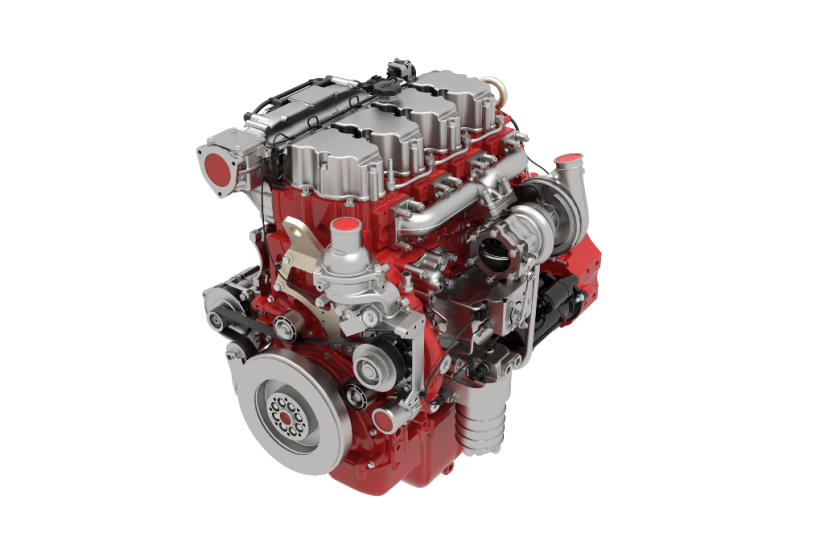
Let’s go into the details of TCD9.0. Why this engine? The 9-liter displacement has always been marginal and substantially alien to the German engine philosophy, more inclined to unusual displacements like the 10.5 liters one. Among the protagonists of the transition to Tier 3 we find the Americans – Caterpillar, Cummins and John Deere, the Swedes, with the odd Scania and the 6 in line by Volvo, and Fpt Industrial (once Iveco Motors). Currently in this range we find the new D1556 by Man and its twin by Liebherr. Here comes another interesting page of this story. Ruling under 4 liters and struggling with other competitors in the range above this displacement, Deutz has found an agreement with Liebherr for a quartet that includes the 9, 12, 13.5 and 18 liters in the range from 200 to 620 kW.
Gebhard Schwarz, Managing Director of Liebherr-Component Technologies, stated «thanks to its worldwide distribution network and its comprehensive service opportunities, Deutz can reach new potential users with the engines resulting from this collaboration».
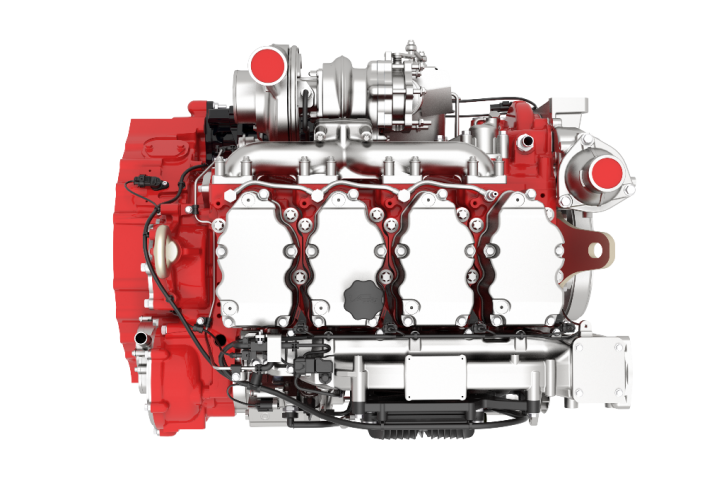
Deutz TCD9.0. Mr Hiller says
Frank Hiller, President of Deutz, explains that «The new engines that are the result of this cooperation are perfectly complementary to the current Deutz family, allowing us to expand the power range and possible applications. This way, customers will benefit from our integration and service skills».
Besides that, this award is a sign of continuity with 2017, which marked the triumph of Liebherr’s D9812. From a technical point of view, the winning card of the 9 liters by Deutz is the size of the only 4 cylinders in a range ruled by 6 cylinders and the 5 cylinders by Scania. This formula is a theme, but the TCD9.0 coordinates are particularly appealing even more looking at Stage V and downsizing to host hybrid modules.
Let’s look at depth, which along with a structural sump fits the needs of open field tractors and construction machinery featuring short wheelbase and narrow wheel track. At 838 mm the TCD9.0 is positioned just about 14 percent behind the average of the 5 liters on the market (from Deutz itself to Isuzu, Jcb, Mtu and Agco Power), doing even better than Volvo. The length is one meter (1,015 mm); we compare it to the Tier 4 Final compliant engines in the 6.7 – 7 liter range. The TCD9.0 by Deutz is the narrowest engine block, delivering a power more than 25 percent above the average and more than 30 percent torque. The 9-liter delivers 300 kW at 1,900 rpm and 1,700 Nm at 1,200 rpm.
No EGR
In this case, Deutz didn’t use exhaust gas recirculation, a solution that is affected by Liebherr phylosophy but could also be used on other small displacement units. EGR stays on the monoblock for unregulated countries, but relieves the end user from the burden of the after-treatment.

